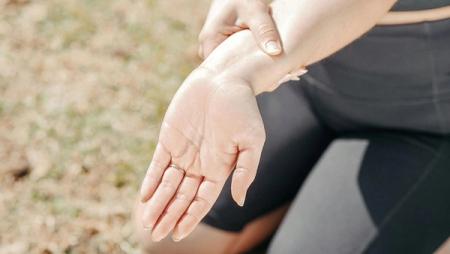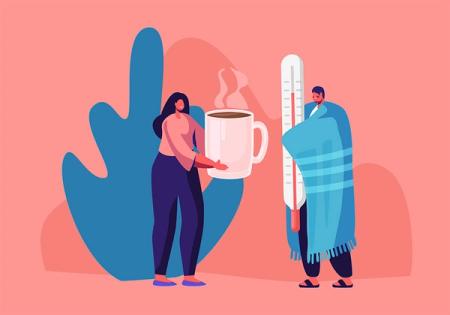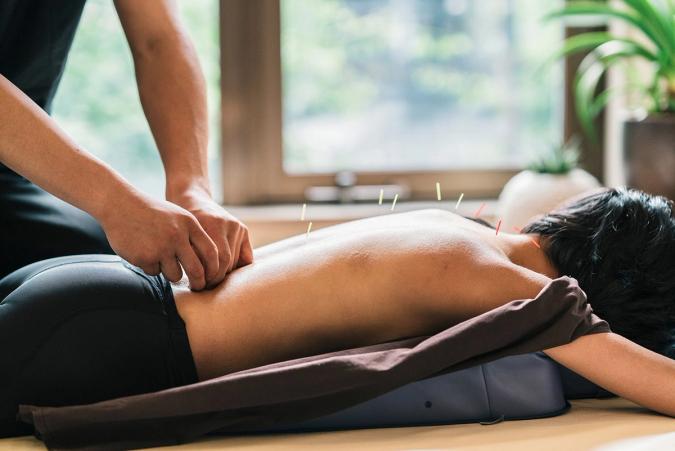question
what pain relief options are available for arthritis?
Living with arthritis can be challenging, especially when it comes to managing pain. While there is no cure for arthritis, there are various pain relief options that may help alleviate discomfort. Here’s a comprehensive overview based on the information in my sources.
1. Medications
Taking prescribed medications is crucial for managing arthritis pain. These can include:
- Over-the-counter pain relievers: Non-steroidal anti-inflammatory drugs (NSAIDs) can help reduce pain and inflammation.
- Prescription medications: Your healthcare team may recommend stronger medications if over-the-counter options are insufficient.
Always consult your GP or specialist before making any changes to your medication regimen. Some individuals may need to try different medications to find the most effective one for their specific condition.
2. Physical Activity
Regular exercise is beneficial for managing arthritis pain. Engaging in appropriate physical activities can:
- Reduce pain: Activities like walking, swimming, or water aerobics can help relieve joint pain.
- Improve flexibility and strength: Strength training and tai chi can enhance joint function and overall physical health.
- Boost mental well-being: Exercise can also reduce stress and improve sleep quality.
It’s advisable to work with a healthcare professional, such as a physiotherapist or exercise physiologist, to develop a suitable exercise program tailored to your needs.
3. Hot and Cold Therapy
Using heat and cold treatments can provide temporary relief from arthritis pain:
- Heat therapy: Applying a warm pack, hot water bottle, or taking a warm bath can relax muscles and improve blood circulation. Use for about 15 minutes at a time.
- Cold therapy: Cold packs or ice can numb painful areas and reduce swelling, especially during flare-ups. Apply for 15 minutes, ensuring your skin returns to normal temperature before reapplying.
While the scientific evidence supporting these therapies is limited, many people find them soothing and safe when used correctly.
4. Massage
Massage therapy may help relieve arthritis pain for some individuals. It’s important to choose a therapist experienced in working with arthritis patients. While scientific studies on its effectiveness are limited, many find it beneficial for temporary pain relief and improved mobility.
5. Acupuncture
Acupuncture involves inserting thin needles into specific points on the body to block pain signals. Some individuals report positive outcomes when using acupuncture alongside conventional treatments. If you’re considering this option, ensure you consult with a qualified practitioner.
6. Transcutaneous Electrical Nerve Stimulation (TENS)
A TENS machine delivers mild electrical pulses to the skin, which may help block pain signals to the brain. This method can be effective for some people, but it may not work for everyone. It’s advisable to consult a physiotherapist to learn how to use a TENS machine properly.
7. Mind Techniques
Learning relaxation and pain-coping skills can significantly impact how you manage arthritis pain. Techniques include:
- Deep breathing: Helps reduce stress and muscle tension.
- Guided imagery: Visualising calming scenes can help distract from pain.
- Progressive muscle relaxation: Tensing and relaxing different muscle groups can alleviate tension.
Consider working with a psychologist or trained professional to explore these techniques further.
8. Building a Support Network
Connecting with others who understand your experience can be incredibly beneficial. Engaging with support groups, whether online or in-person, can provide emotional support and practical advice.
9. Healthy Lifestyle Choices
Maintaining a healthy lifestyle can also contribute to pain management:
- Healthy diet: Eating a balanced diet rich in fruits, vegetables, whole grains, and lean proteins can help manage weight and reduce inflammation.
- Weight management: Keeping a healthy weight reduces stress on weight-bearing joints, which can alleviate pain.
- Quitting smoking: Smoking has been linked to increased arthritis pain and can hinder the effectiveness of medications. If you smoke, consider discussing quitting strategies with your doctor.
Conclusion
While managing arthritis pain can be complex, a combination of medication, physical activity, and complementary therapies can provide relief. It’s essential to work closely with your healthcare team to develop a personalised pain management plan that suits your needs.
If you have further questions or need more specific advice, please consult your healthcare professional. They can provide guidance tailored to your individual circumstances. Remember, you are not alone in this journey, and support is available.
This information is not a substitute for professional medical advice, diagnosis or treatment. Always consult a registered healthcare professional about matters that affect your health. Clara uses artificial intelligence to generate general information for personal educational purposes only, not intended to be a management plan and it may contain errors, inaccuracies or may oversimplify concepts.






